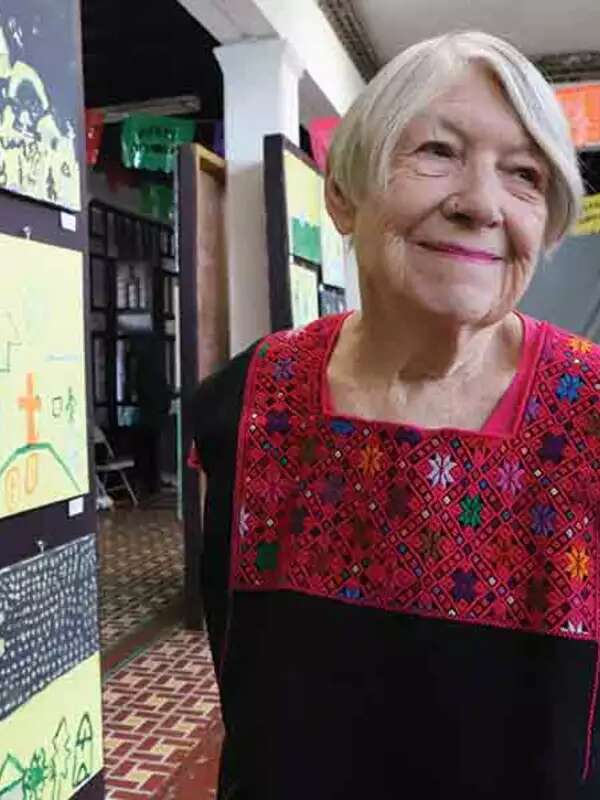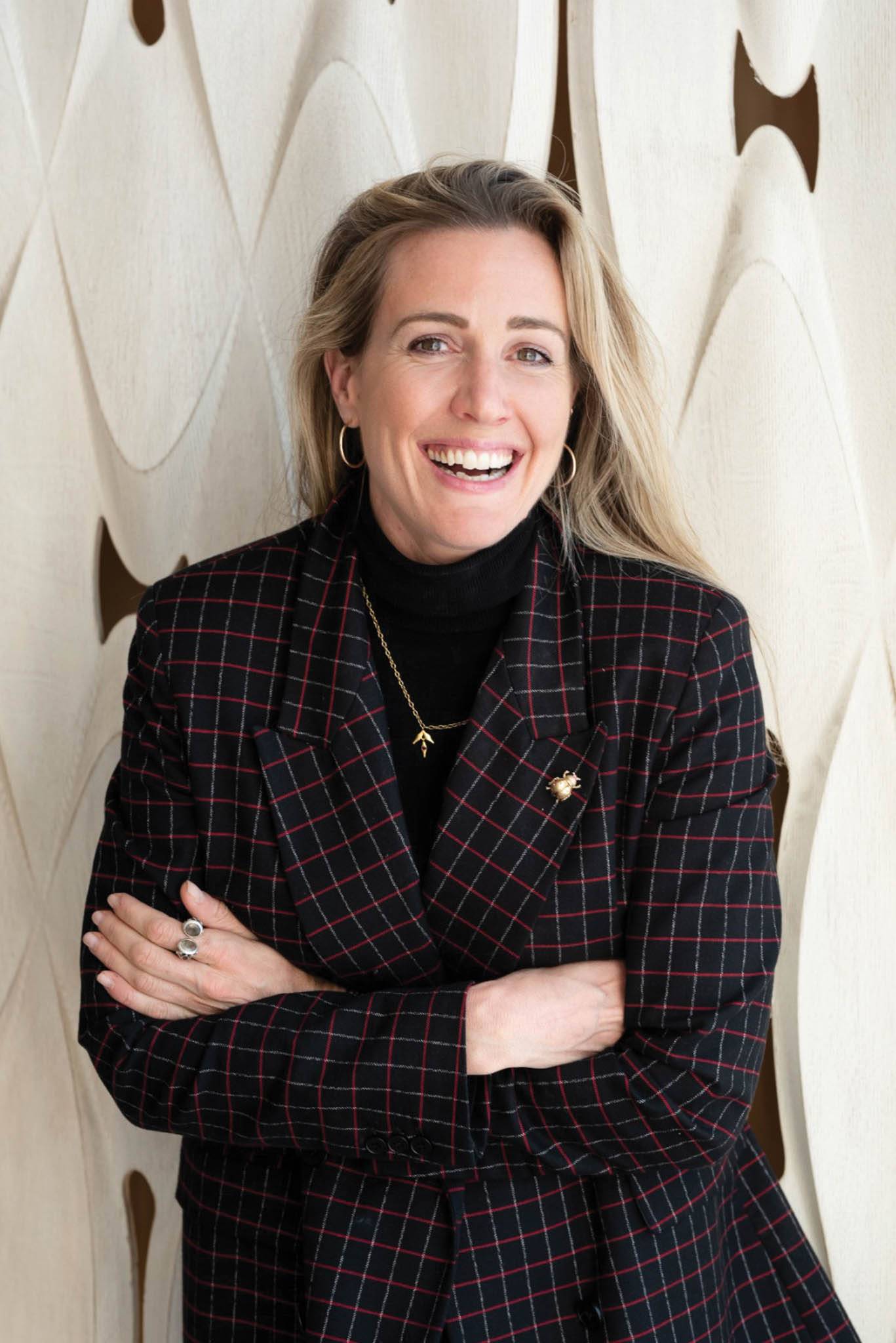
There are trendsetters, and then there are those rare individuals who can spot the trends before they even begin. Assia Grazioli-Venier ’03 has operated firmly in the latter category. Advising telecommunications giant Vodafone to adopt mobile content (when she was just 24), helping Spotify scale, and accelerating opportunities and solutions for women in her role today as a venture capitalist: Grazioli-Venier’s fingerprints are all over recent history’s impactful trends.
While her career path has been anything but linear, it’s Grazioli- Venier’s 2016 health scare that has informed the way she directs investments for Muse Capital, her VC firm. At age 35, Grazioli-Venier was diagnosed with breast cancer. Facing a double mastectomy, she took a step back from her consulting career obligations and considered her future. It led her to chart a new path that could alter the investment landscape.
“I had just started looking under the hood on how venture capital funding operates and who receives funding, and the disparity in capital allocated to men versus women stood out,” she explains. “If you look at where capital and power has been, it’s in the hands of one type of person, and major opportunities have been overlooked.”
With that in mind, Grazioli-Venier and co-founder Rachel Springate launched Muse Capital later that same year with a focus on consumer technology, equity, and diversity. The companies Muse invests in fall into the categories of “how we care, play, and live,” and 70% of those businesses have at least one founder who is female, an immigrant, or from a minority background. “One of our core pillars is around the multibillion-dollar underserved sector of women’s health,” explains Grazioli-Venier. “We have proudly been investing in this space for the past seven years.”
Take, for example, Muse’s backing of MIDI, a virtual-care clinic for women over 40, or Cofertility, an egg freezing and donation platform. “Representing half of the global population, women have unique health needs that span beyond reproductive care. Some conditions affect women disproportionately and are not niche concerns.”
While this conscious capitalism approach does good for the world, it’s also providing value to investors, says Grazioli-Venier. “Women are the top purchasers in the country, and the idea of a fund that addresses women’s health needs is a huge opportunity,” she says.
Grazioli-Venier’s reach doesn’t just extend to women’s healthcare, either. She’s also had a big hand in advancing women’s sports — an industry that has seen a massive valuation jump in recent years. In 2012, she became the first woman ever appointed to join the board of directors of storied Italian soccer team Juventus F.C. Grazioli Venier advocated for a women’s team, which became a reality in 2017 with the launch of Juventus Women.
Today, Grazioli-Venier is regarded as one of the most established power players in women’s sports. She is an investor in the National Women’s Soccer League’s Washington Spirit and was instrumental in placing Michele Kang as the franchise’s controlling owner last year, a transaction that was named Sports Business Journal’s 2023 Deal of the Year. She was also an early investor in Just Women’s Sports, which has become a de facto brand in women’s sports coverage, and is a partner to one of the leading women’s sports talent management firms, Disrupt the Game.
Through it all, Grazioli-Venier has leaned on her education at Barnard: “It instilled in me the idea that women can build anything we want. I couldn’t be more grateful for the values I acquired and the education that has allowed my work to serve a bigger purpose.”
Grazioli-Venier has taken those lessons and run with them. “We can scream all we want about change, but nothing will change unless capital changes,” she says. “I’m trying to put my money where my mouth is.”



